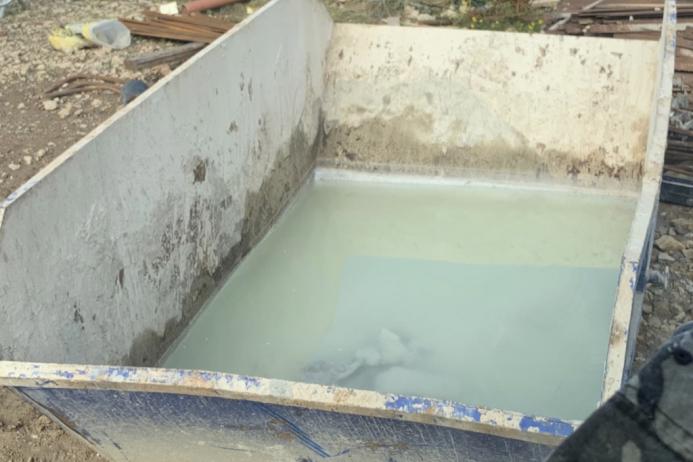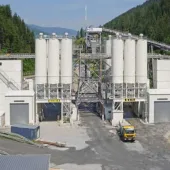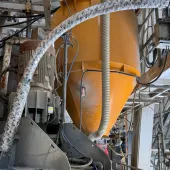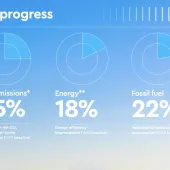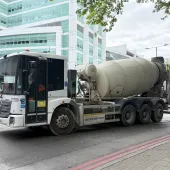BCTA guidance on off-site disposal of concrete wash water
British Concrete Transport Association releases comprehensive guidance document on crucial issue
THE British Concrete Transport Association (BCTA) has released a comprehensive guidance document on the crucial issue of off-site disposal of concrete wash water.
Concrete wash water produced through the washing or cleaning of any piece of plant or equipment is a waste material and should be treated appropriately, in accordance with UK legislation relating to the storage, transport, and disposal of waste, says the BCTA.
Mark Cowan, BCTA advisor for transport and concrete and a key contributor to the guidance, along with colleagues Mark Brooks and Jonathan Goldsmith, has provided information and awareness on hazardous, high-pH water safety and environmental issues.
Underscoring the importance of understanding the correct storage, transport, and disposal of concrete wash water, Mr Cowan said: ‘This is an area we’ve been trying to raise awareness on for several years and an issue that continues to confuse all sides of the industry. First and foremost, once concrete wash water reaches 12.5 on the pH scale, it becomes ‘hazardous’, meaning it needs to be dealt with correctly, including assigning the correct code to describe the waste.
‘The current use of the 17 01 01 European Waste Catalogue code should be replaced with 16 10 01*, as it needs to be described as a hazardous aqueous liquid, not concrete from construction or demolition activities.’
Often referred to as the Duty of Care for Waste Management, the white paper summarizes the requirements and responsibilities of the waste producer in accordance with UK legislation.
Mr Cowan continued: ‘Understanding the safety and environmental aspects of dealing with concrete wash water is essential. Everyone involved must make an effort to manage high-pH water effectively. This includes on-site management, driver interaction and understanding, and treatment when the water is returned to the concrete plant, instead of passing the problem on to someone else.
‘Industry guidance dating back 10 years is outdated, so there is an urgent need to produce new guidance and standards and to raise awareness, which is what we’ve done through the BCTA.’
To download a copy of the new guidance, click here or visit: www.britishconcrete.org

